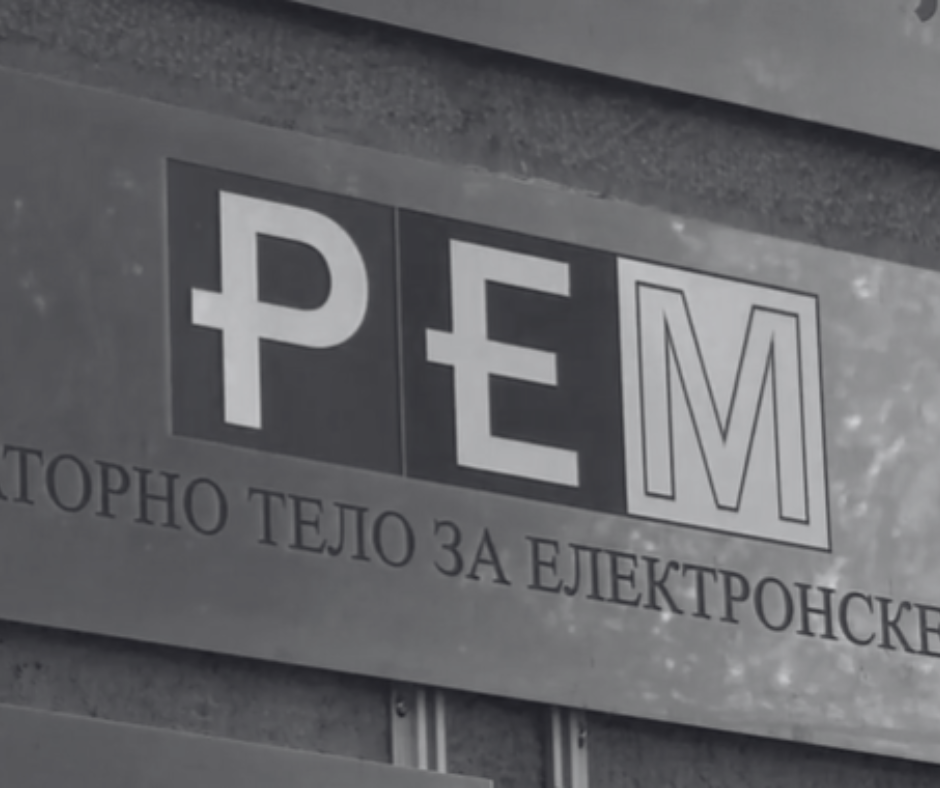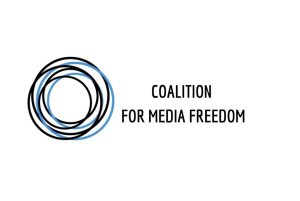Process to appoint new members of media regulator council was again conducted in non-transparent and discriminatory manner
The process for the appointment of new members to the council of Serbia’s media regulator has again been conducted in a non-transparent and discriminatory manner, in clear violation of Serbian legislation, making a mockery of democratic media reforms demanded by the European Union, the Media Freedom Rapid Response (MFRR) and SafeJournalists Network said today.
Last week, candidates and nominator organisations which are independent of the government pulled out of the process for appointing new members of the Council of the Regulatory Body for Electronic Media (REM), Serbia’s most important media regulator.
The independent groups cited numerous serious violations of legal requirements and manipulation of the election process by the government majority in the Committee for Culture and Information of the National Assembly. Many of the proposed candidates did not satisfy professional requirements, while multiple organisations permitted to nominate candidates displayed clear government bias or were formed in murky circumstances.
Efforts to address these concerns were rejected by the government majority in the Committee earlier this month after they voted against a proposal by the opposition to individually consider each application and the organisation proposing candidates to address serious allegations of bias or non compliance with criteria.
Our organisations conclude that the appointment process to the REM Council was again conducted in a non-transparent, non-independent and arbitrary manner, favouring candidates and organisations supportive of the ruling administration, in violation of Article 10 of the Law on Electronic Media. This makes a mockery of actual democratic reform called for by the EU.
Our organisations note with further concern that this is the second time that independent candidates have withdrawn from the process, after the initial procedure was abandoned in January 2025 due to widespread complaints of the same procedural irregularities.
The result is that the new election of the REM Council – a key EU-mandated measure outlined in both EU Rule of Law and Enlargement reports – is now again in a state of limbo, stalling wider reform of the Serbian media ecosystem.
The MFRR, which recently undertook a media freedom mission to Serbia, has repeatedly highlighted the need for urgent reform of the REM, which has long been stacked with government loyalists and undermined by political capture, resulting in an underregulated media ecosystem rife with propaganda and disinformation.
As pointed out in our recent mission report, the REM has long represented a key element of media capture in Serbia. Under the control of government loyalists, the previous REM Council, which is responsible for issuing television and radio broadcasting licences, made controversial decisions which undermined media pluralism by boosting pro-government broadcasters at the expense of independent broadcasting houses.
The REM repeatedly failed to uphold its mandate. It has failed to oversee fair and balanced election coverage; it has failed to address violent rhetoric and hate speech by tabloid media, as well as the spread of pro-Russian disinformation, and it has failed to sanction targeted smear campaigns by certain tabloid media on critics of the ruling party and its leadership.
As the REM Council is also tasked with appointing the Boards of Directors of Serbia’s state broadcaster Radio Television of Serbia (RTS), the appointment of government aligned individuals to the Council remains fundamental to maintaining overall control by the ruling Serbian Progressive Party over the country’s media landscape and broader public discourse.
If it is to be assessed as credible, legitimate and lawful by the European Union, the REM Council election process must be held in a fair, transparent and democratic manner, free from irregularities, and resulting in a pluralistic and professional body able to carry out its mandate without obstruction. This must be accompanied by a detailed assessment of conflicts of interests, with any candidate or organisation displaying clear bias disqualified.
It is highly regrettable that these democratic procedures and rule of law requirements were wilfully disregarded by the Committee for Culture and Information during this selection process.
Moving forward, the EU should be clear eyed about the disingenuous and compromised approach displayed by Serbian authorities in implementing EU-mandated reform of the REM Council. The legally unviable and politically motivated manner in which the recent election procedure was carried out should mean that progress on media reforms under Chapter 23 of the EU accession process remain stalled until true democratic reform is completed.
We warn finally that the situation at the REM Council is illustrative of the wider state of emergency for press and media freedom in Serbia, where attacks on independent journalism in recent months have reached levels not seen for decades, deepening a long-standing media freedom crisis that requires urgent attention and vigilance from the EU.
Signed:
Media Freedom Rapid Response (MFRR)
International Press Institute (IPI)
ARTICLE 19 Europe
European Centre for Press and media Freedom (ECPMF)
European Federation of Journalists (EFJ)
Free Press Unlimited (FPU)
Osservatorio Balcani Caucaso Transeuropa (OBCT)
SafeJournalists Network
Association of Journalists of Kosovo
Association of Journalists of Macedonia
BH Journalists Association
Croatian Journalists’ Association
Independent Journalists’ Association of Serbia
Trade Union of Media of Montenegro




